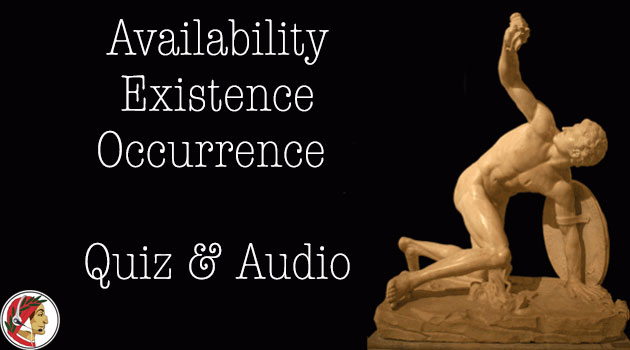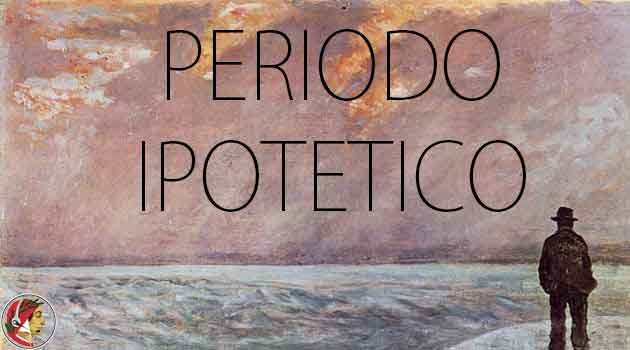Learn different ways to express bisogno e desiderio: need and desire in Italian.
Solve the quiz
Level, A2 / B1
Bisogna – Avere bisogno – C’è bisogno di… – Servire
Bisogna
This is an “impersonal” verb, meaning that, in general, it is necessary, convenient, useful, to do something. Bisogna, is very common in the spoken language.
The verb “bisognare” conjugates only in the third-person singular. It’s a “defective verb”, so we don’t have other possible conjugations (io, tu, noi, voi, loro do not exist with “bisognare”).
We commonly use the simple tenses of bisognare in the third person, such as the presente bisogna (it is necessary), the futuro bisognerà (it will be necessary), the imperfetto bisognava (it was necessary), and the condizionale bisognerebbe (it would be necessary). On top of these, for more advanced structures, we can use the congiuntivo presente and imperfetto (pensavo che bisognasse etc…). The passato prossimo and other compound tenses are not commonly used in the spoken language.
Read the following examples and try to use other tenses.
- L’erba in giardino è troppo lunga. Bisogna tagliarla.
- Domani nevicherà molto, quindi bisognerà coprirsi bene contro il freddo.
- I biglietti per la partita di calcio sono finiti. Bisognava comprarli ieri.
- Lo zucchero sta finendo. Bisognerebbe comprarne un po’ al supermercato.
Avere bisogno di …
Bisogno is not a verb but a noun (“the” need). It’s easy to confuse it with “bisogna”, but be careful and follow the examples below.
Literally “to have the need of”. In this case we can conjugate the verb avere in any tense and attach it to an object (Ho bisogno di una pausa, I need a break) or an infinitive verb: Ho bisogno di mangiare qualcosa, I (have the) need to eat something).
- Abbiamo bisogno del vostro aiuto.
- I miei figli avranno bisogno di studiare all’università.
- Voi avreste bisogno di rilassarvi.
- Avevo bisogno di te.
C’è bisogno di …
Literally “there is the need of”. Very common as an impersonal expression with emphasis on “ci”.
- Non c’è bisogno di arrabbiarsi.
- In Italia ci sarebbe bisogno di più treni.
- Ieri in ufficio c’era bisogno di te.
- Non ci sarà bisogno di imbiancare la casa.
Servire
“Servire”, expresses a need. The construction of sentences with this verb is similar to piacere. So if I say that I need a car, Mi serve una macchina, I can very roughly translate it as – The car “is of need” to me – I need it. Please note that the subject of this sentence is una macchina, not io.
- Serve subito un aiuto.
- Ti servirà ancora la mia penna?
- Ci servivano dei soldi per andare in vacanza.
- Non gli è servito il tuo aiuto.
The passato prossimo and other compound tenses always go with “essere”.
Last but not least, we can express a need with the verb dovere, which means “must”, “need to” and “have to” depending on the situation.
- Devo (dovrei) andare in palestra.
DESIDERIO: Volere – Avere voglia di … – Mi va (Ti va, Gli va, etc) …
Volere
“Volere” is the most obvious way to express a desire. Volere – with dovere, potere and sapere – is a modal verb, meaning that it helps a second verb in the infinitive form, Voglio mangiare un gelato, or with an object – Voglio un gelato, I want an ice-cream.
Any request with the present tense Voglio is quite direct, so you should use the conditional Vorrei, I’d like. Let’s see some examples with different tenses and subjects.
- Io e i miei figli vogliamo andare in vacanza al mare.
- Scusi cameriere, (noi) vorremmo ordinare.
- Vuoi un caffè?
- I ragazzi non vogliono studiare.
Avere voglia di…
“To be in the mood for…”, literally “having the desire of…” something or the desire to do something. We use it a lot. Let’s see some examples.
- Quando andavo all’università, non avevo voglia di studiare.
- Fa caldo, ho voglia di un gelato.
- Quando avrete voglia di cenare da noi, telefonateci.
- I tuoi figli hanno voglia di andare in piscina?
Mi va, Mi vanno, Ti va, Ti vanno etc…
“Mi va”, translates into “it goes to me”, and means I’m in the mood, I wish, I have the desire of…
It goes with a verb or an object. Mi va (di mangiare) un gelato,
- Ragazzi, vi va di giocare a calcio?
- Non mi andava di vedere quel film perché è noioso.
- Ho domandato a Mario se vuole fare spese con noi ma non gli va.
- Oggi mi va di mangiare una bistecca.
Thanks for reading. Please solve the quiz and let me know if you have questions.
LOADING QUIZ...
Tiziano – Gentiluomo con un libro – 1510

















